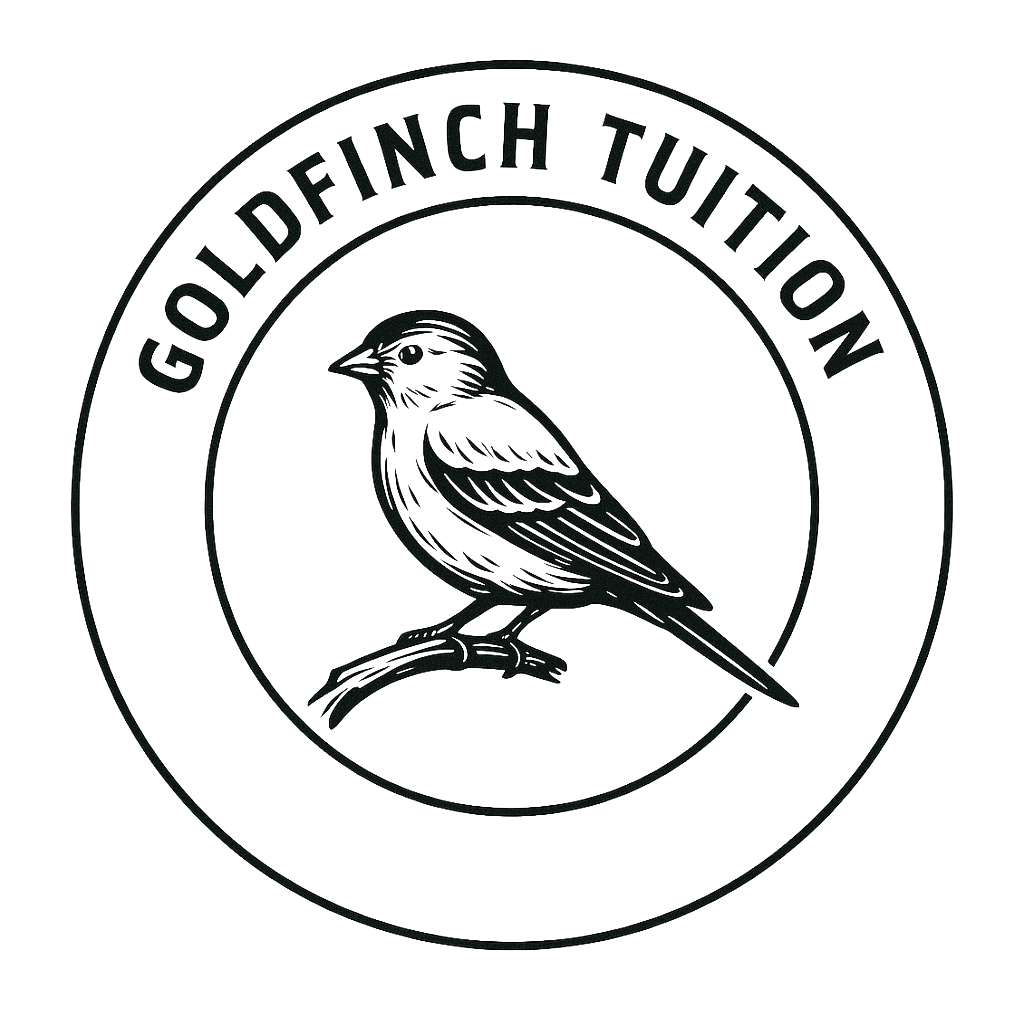Why We Need More Poets in Schools (and How Clare Pollard Made Our Week)
I’ve been lucky over the years to bring a fair few writers into school. I have been in touch with quite a few authors, including Michael Mann (the YA author of Ghostcloud, not the director of Heat), Jason Rohan (author of the S.T.E.A.L.T.H series) and many more. But this year, I reached out to The Poetry Society with a very specific mission: World Poetry Day. I didn’t know this was a thing until this year (neither did Clare) and the day definitely has international reputation.
https://www.unesco.org/en/days/poetry
After some back and forthing on email, we were incredibly fortunate to welcome Clare Pollard (poet, novelist, translator, and editor) to our school. Clare has the kind of energy that makes poetry feel less like something you learn for an exam and more like something alive and urgent. Accordingly, she brought an infectious energy to the day, sharing not only her passion for poetry but also her journey as a writer.
In preparation for her visit, I ended up listening to Frank Skinner’s Poetry Podcast for the first time which, if you haven’t experienced it before, is epic!
https://open.spotify.com/episode/3GI1lakNB2SEZByPAYuf17
Her workshops were dynamic and inclusive, encouraging students to experiment with form, voice, and emotion in ways they otherwise wouldn’t have. Clare made these relevant to the subject matter they were studying. Whether this was Macbeth in Year 9 or a deep dive into Christina Rossetti’s poem ‘Goblin Market’ for our A-Level boys. Incidentally, Clare is quite the expert in this field and has a whole substack dedicated to this: https://clarespoetrycircle.substack.com/p/reading-goblin-market-by-christina
She also delivered a captivating assembly promoting the Foyle Young Poets of the Year Award, which represents an extraordinary opportunity for young people to gain recognition and confidence in their writing. Clare framed literature not just as a subject to be studied but as a possible future. She spoke frankly about the realities of making a living from poetry (admitting much of her income now comes from podcasts and radio), but in doing so, she made the creative journey seem much more authentic.
Overall, I still think visits from individuals like Clare who have made their career in the arts are priceless. They help students to see that literature isn’t just confined to the classroom; it’s a living, breathing conversation that continues beyond the page, exam results and even beyond school.
Thanks for the lovely visit, Clare and I hope you manage to get out to more schools!

